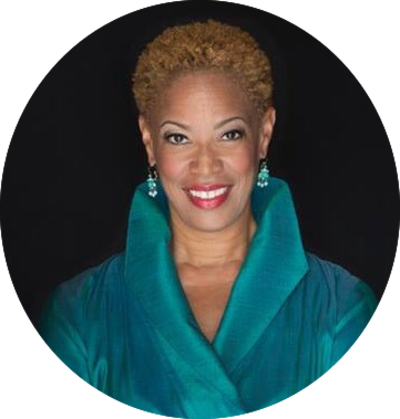In first grade, my daughter was the only one: the only African-American girl in her entire classroom. To be clear, the year was 2016. I was concerned about our new school, but my amazing kid made friends with another amazing kid from Italy on the first day. I thought maybe it would be OK.

Except it wasn’t. A different girl in class announced that she didn’t like my daughter’s hair and that same girl, at a party later in the year, told my daughter that her brown-skinned doll’s hair was scary. We might chalk it all up to a mean girl behaving badly except my daughter announced to me, in first grade, that she didn’t want to be African-American anymore. She figured out what all brown-skinned kids in this country figure out at ages much too young: “You aren’t. You don’t. You shouldn’t.” My whole family felt my daughter’s pain.
We live in Brooklyn Heights, an affluent neighborhood where most residents are white. I am a minister and I serve a church in the neighborhood, and the church provides us with a beautiful brownstone. As I interviewed for my position, I asked parishioners about the local schools, and they spoke highly of our neighborhood option. We went for a tour, and because it was within walking distance and had high test scores, we enrolled her.
There is one African-American teacher for the second grade in my daughter’s school, and I was determined my daughter would be in her class. I told this teacher, on the first day of school, what our first-grade experience had been, and she couldn’t have been more amazing. She was bold and bodacious; sassy and loud.
Who she was really spoke to who my daughter was. In a parent conference, this teacher told me: “When I call on her, she shrinks. She’s playing small, but she knows things other people don’t know.” She turned to my daughter and said: “You have a personality just like me.” My daughter had this beaming smile. By just being herself, this teacher modeled for my daughter it’s okay to be big, and smart, and sparkly.
All the qualities that I saw go into hiding with my daughter in first grade, this teacher pulled out of her. This summer, my girl decided to lock her hair, and she asked me to buy her shirts that celebrate the #BlackGirlMagic of women like Harriet Tubman and Rosa Parks. My kid is a different person because of her daily interaction with a powerful teacher who looked like her. I don’t believe her power can now be put back in a box.
But I shudder to think how our story could have gone in a completely different direction had we not found the only brown-skinned teacher in that critical second grade year.
I’m really grateful the city is making the effort to integrate schools and recruit more teachers of color, but it feels like the work is moving very slowly. Kids are languishing, waiting on the Department of Education, waiting on adults, to take action. My daughter will be OK. I take her outside the neighborhood so she can be exposed to different cultures and more people like her. She takes piano classes in Bedford-Stuyvesant with teachers of color, and is in a Girl Scout troop that counts children from a nearby public housing complex among its members. But I’m always thinking about those who don’t have people advocating for them.
I’m worried about children from the dominant European culture as well. We’re all having a less rich and robust experience in the school system because of the lack of diversity. Segregation and education centered on the dominant European culture hurts all of us, denying us access to diverse stories and experiences that we simply cannot get in a book, a movie, a heritage week, or a history month.
Whether diversity brings with it integration, in the sense that all people are “friends,” I still want all people to have options, to be able to be in the building so that no student and no teacher has to be the only one.
Adriene Thorne is a pastor at the First Presbyterian Church of Brooklyn.
About our First Person series:
First Person is where Chalkbeat features personal essays by educators, students, parents, and others trying to improve public education. Read our submission guidelines here.

